At the forefront of India’s deep-tech revolution is IITM Pravartak Technologies Foundation, an entity backed by IIT Madras and the DST, focused on turning high-end research into real-world impact. Dr. M. J. Shankar Raman, Chief Manager – Technical, articulates the foundation’s unique, hands-on incubation philosophy: “We nurture every startup like a child.”
In an ecosystem often obsessed with valuation and technology for its own sake, Pravartak champions a different metric for success. For them, it’s not about how many companies they incubate, but about “how many are still standing five years later.”
The IITM Pravartak Model: Beyond Funding and Space
Pravartak’s incubation model goes far deeper than simply providing funding and office space. It is a commitment to ensuring survivability in the highly competitive deep-tech landscape:
1. Hands-On, Embedded Guidance
- Pravartak actively embeds with startups, offering daily guidance for up to two years.
- Projects are co-developed with IIT faculty and industry experts, ensuring that the innovation has real-world relevance.
- The focus is on building responsible entrepreneurs; they charge a nominal fee for business or marketing support to instill financial discipline and the understanding that every service has value.
2. The Customer is the Catalyst
Dr. Shankar Raman is clear: “Technology helps, but listening to the customer builds real ventures.” This ethos is integrated into their vetting and development process:
- Vetting for Viability: Every idea must pass a two-stage filter: a technical committee for feasibility and a business panel for market potential.
- GDC Cohort Programme: Every incubatee must validate their market fit through the GDC (Global Development Centre/Cohort) programme, which reinforces a customer-centric mindset.
- The Litmus Test: They don’t rely on theoretical revenue projections. What truly matters is: “Can your product genuinely solve a customer’s problem?” If the answer is yes, they believe the business will grow organically.
Solving India’s Problems with India’s Solutions
Pravartak’s focus is on translational R&D—taking technology from the lab to the market to solve India-specific problems.
- Intelligent Adaptation: They refuse to blindly import Western tech models. For example, instead of focusing on 5G for high-speed highways, they look at cost-effective solutions tailored for India’s lower-speed, localized context.
- Affordable Deep-Tech: This philosophy leads to innovations like developing low-cost digital telescopes for cardiac diagnostics, targeting a price of ₹50,000 instead of the standard ₹85,000+ systems.
- Strategic Pivots: They apply “deep business thinking.” The student-led Hyperloop project was pivoted from a financially risky passenger transport model to a goods transport model, which has fewer regulatory hurdles and better margins, making the technology viable.
Crossing the ‘Valley of Death’
For deep-tech startups, the biggest challenge lies in the “Valley of Death” (typically years 3 to 5), where many fail due to a lack of cash flow. Pravartak tackles this proactively:
- Early Cash Flow: They focus on securing cash inflow by Year 2 by facilitating early service contracts or pilot deployments with customers.
- Collaborative Ecosystem: They negotiate bulk licenses for costly tools (like EDA software) and offer access to advanced labs, ensuring startups gain early access to infrastructure they couldn’t otherwise afford.
The commitment is clear: to ensure that innovation doesn’t just stay in the lab, but transforms into an impactful, sustainable business that is built on passion, adaptability, and, above all, customer empathy.


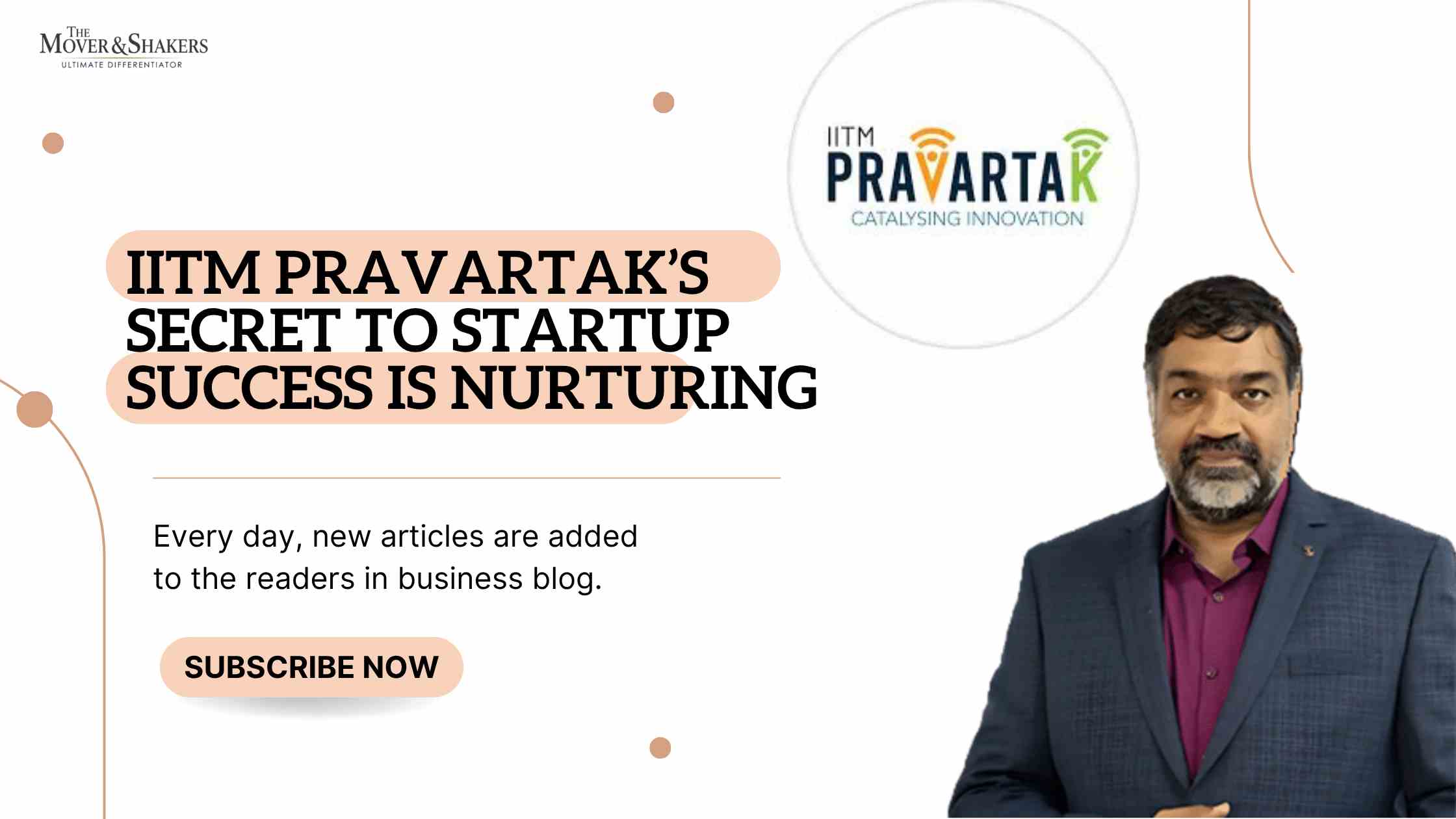
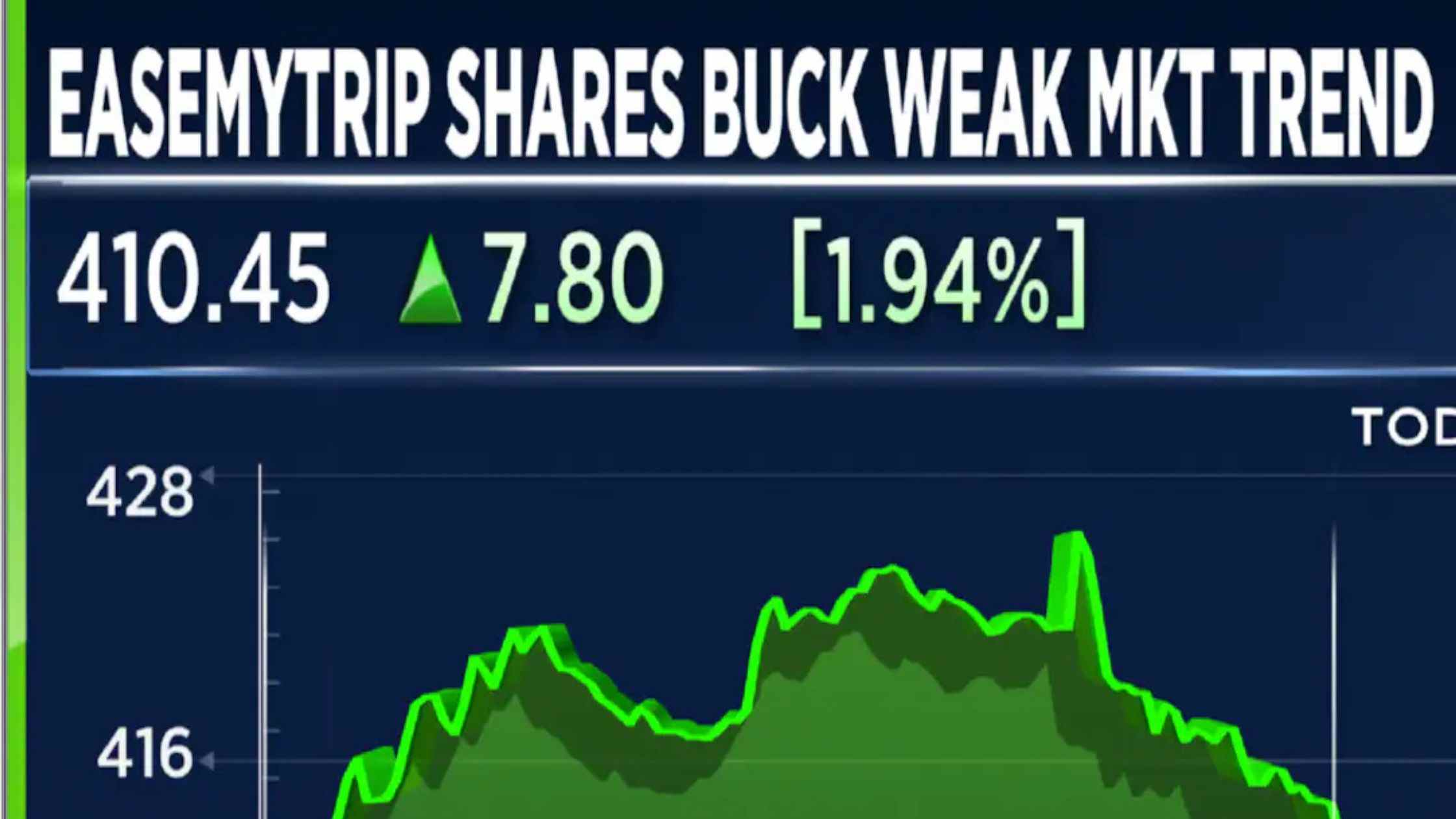

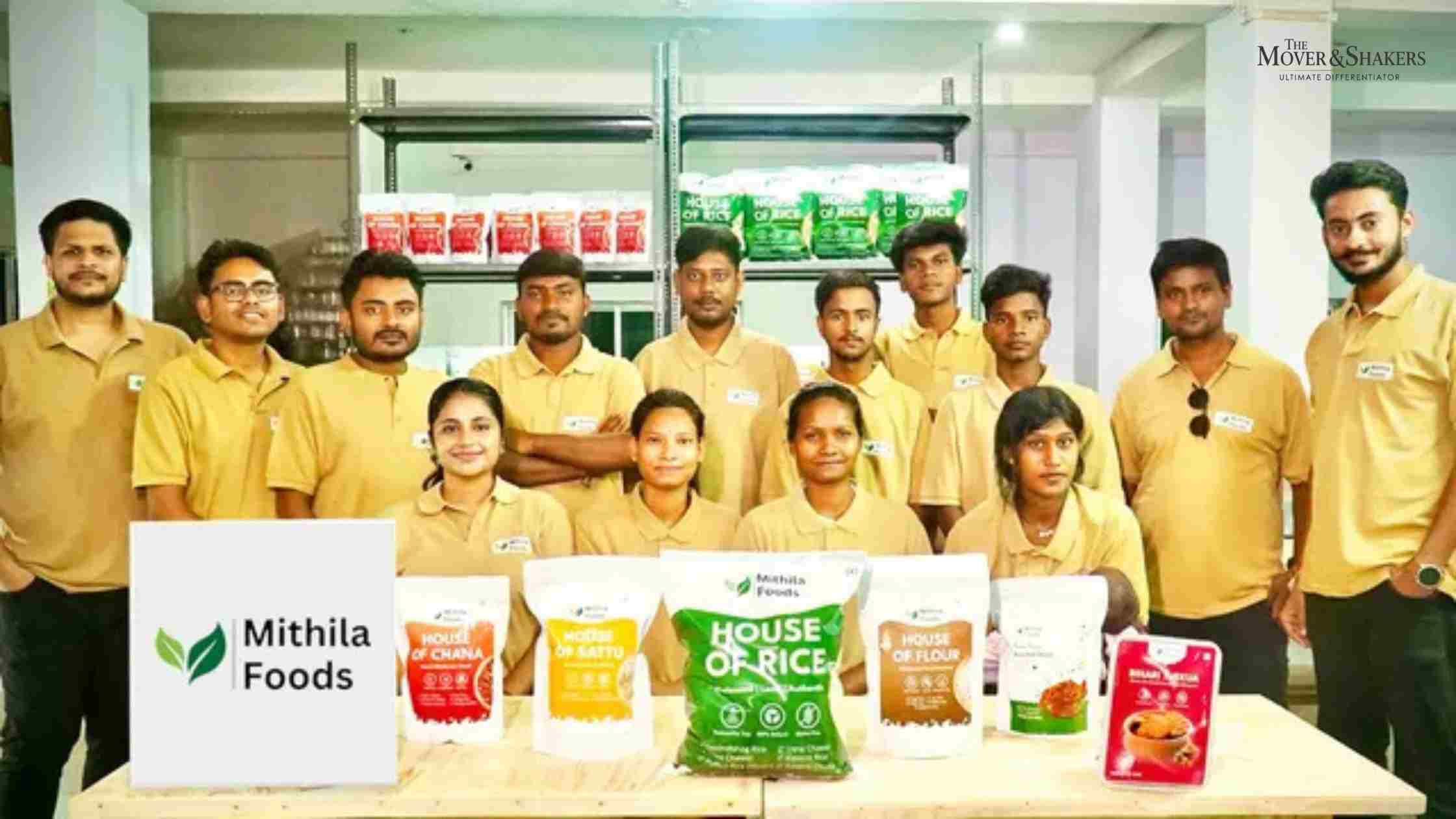
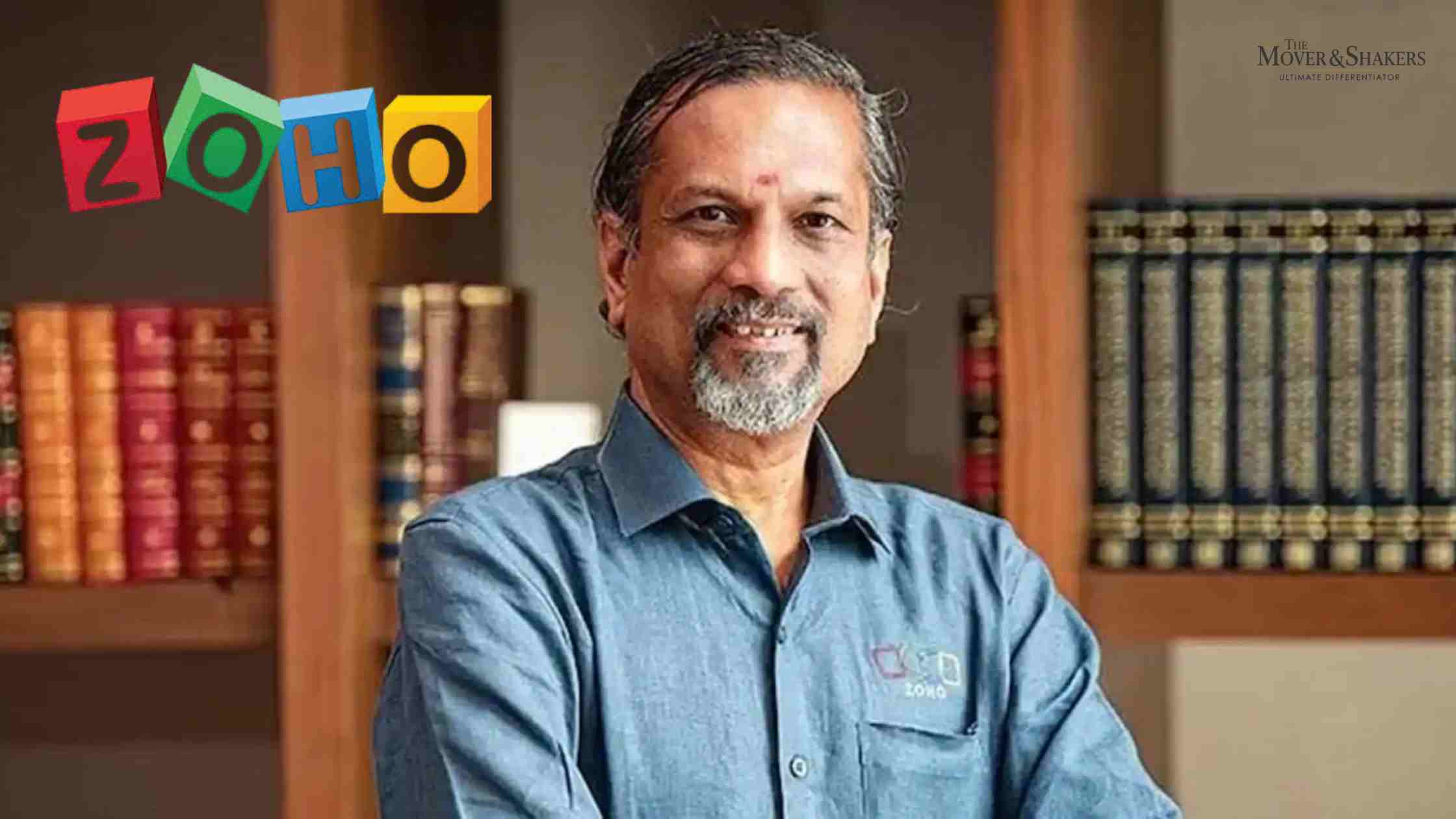

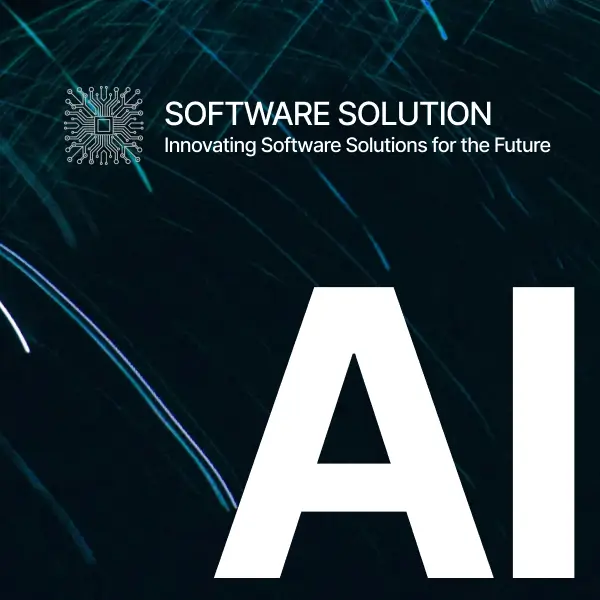
Leave a Reply